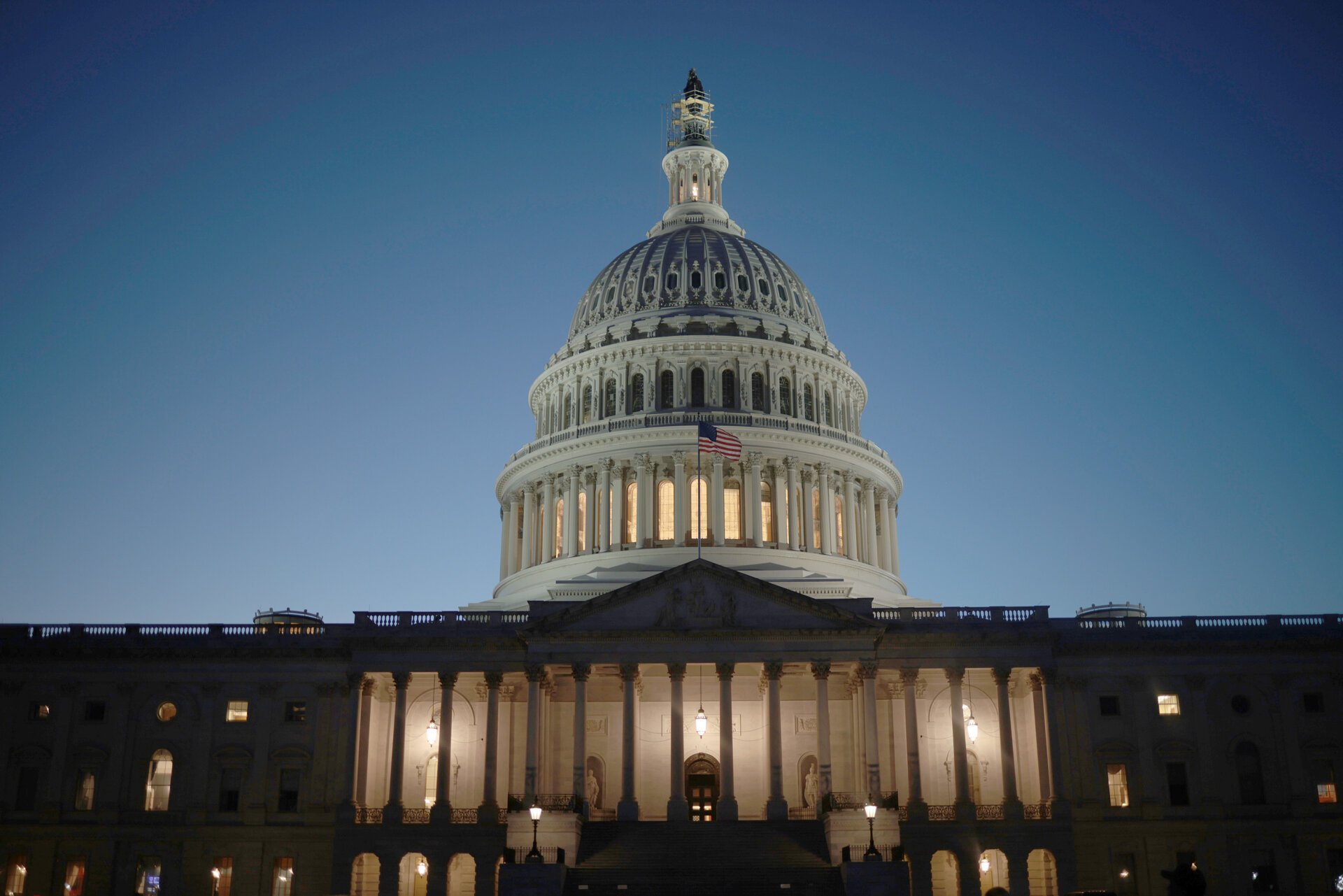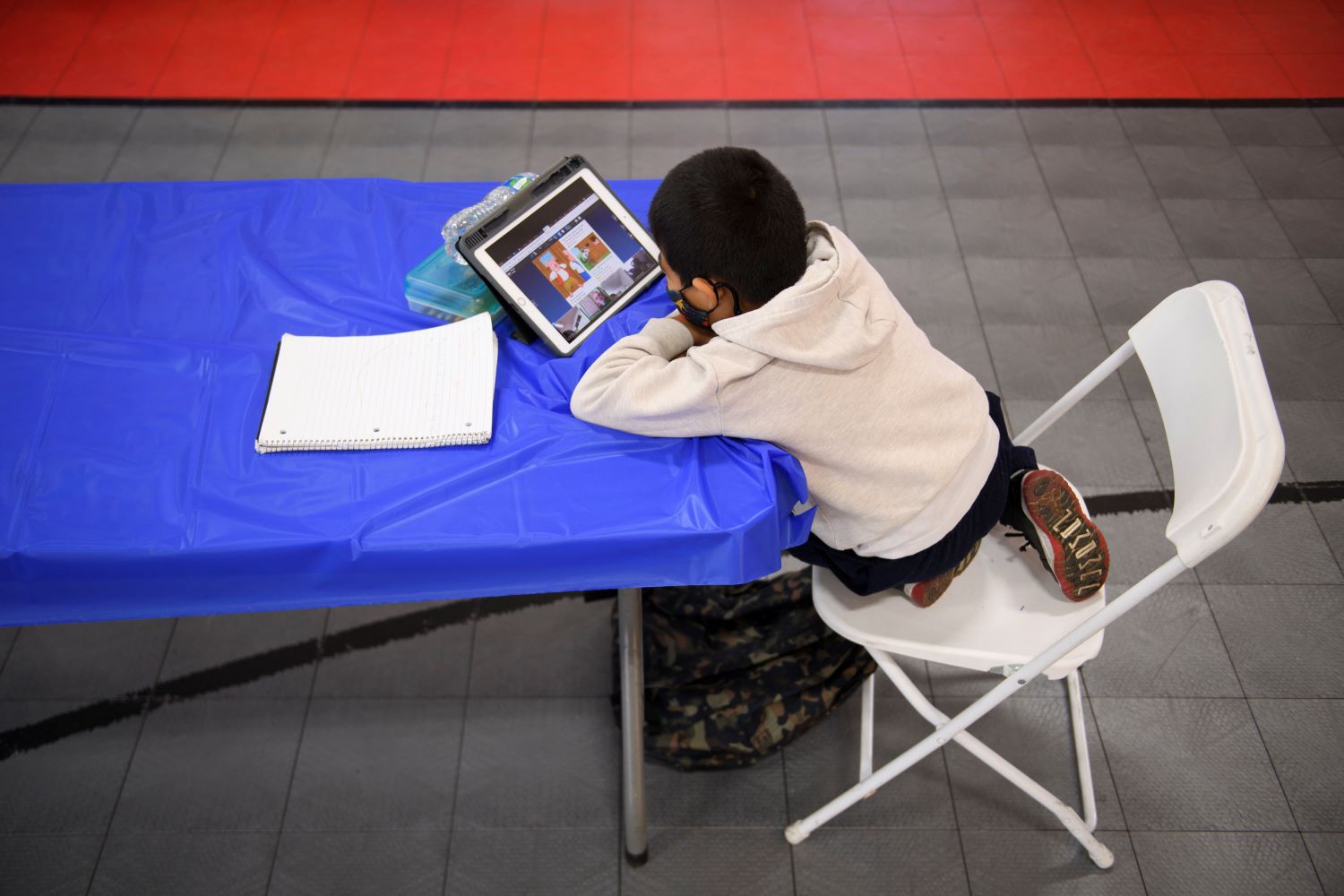The rise of AI-generated deepfakes has brought a new dimension to online harassment, disproportionately affecting women in public life. A recent study reveals a disturbing trend: nearly 1 in 6 congresswomen have been targeted by sexually explicit deepfakes. This alarming statistic highlights the urgent need for effective measures to combat this form of digital abuse.
The American Sunlight Project (ASP), a think tank focused on disinformation and democratic values, conducted a study that uncovered over 35,000 instances of nonconsensual intimate imagery (NCII) depicting 26 members of Congress on deepfake websites. Alarmingly, 25 of the 26 targeted individuals were women. While most of the imagery was removed after researchers notified the affected lawmakers, the ease with which such content can be created and disseminated remains a serious concern.
The Gender Disparity in Deepfake Abuse
The ASP study underscores the significant gender disparity in deepfake targeting. Women members of Congress were found to be 70 times more likely to be victims than their male counterparts. Neither political affiliation nor geographic location appeared to be influencing factors, with younger members being slightly more susceptible. This stark contrast highlights how deepfakes are weaponized against women in politics, potentially discouraging their participation in public life.
The Impact of Deepfake Pornography
Nonconsensual intimate imagery, often referred to as deepfake porn, can be created through generative AI or by superimposing headshots onto existing adult content. The lack of comprehensive legislation to address this issue contributes to its proliferation. The removal of the deepfake content targeting lawmakers after notification demonstrates a disparity in privilege. Individuals without the resources of elected officials often face greater challenges in getting such material removed.
Deepfakes and the Threat to Democracy
The psychological impact of image-based sexual abuse can be devastating. The potential for blackmail and geopolitical manipulation using deepfakes further exacerbates the problem. Beyond the direct victims, the prevalence of such abuse can lead to self-censorship, particularly among women, hindering free speech and democratic participation. Reports of high school girls being targeted emphasize the widespread nature of this issue and the need for protective measures.
The Need for Legislation and Action
Currently, there is no federal law specifically criminalizing the creation and distribution of AI-generated NCII. While some states have enacted laws, most focus on civil penalties. Federal legislation, such as the DEFIANCE Act and the Take It Down Act, aims to address this gap by allowing victims to sue perpetrators and holding tech companies accountable. These bills have passed the Senate with bipartisan support but face challenges in the House.
In the absence of comprehensive federal legislation, the White House has partnered with the private sector to explore solutions, but concerns remain about the tech industry’s ability to self-regulate effectively. The pervasive nature of this threat and its potential to silence women’s voices necessitate immediate and decisive action.
Conclusion
The targeting of congresswomen with AI-generated deepfakes is a serious threat to democracy and individual well-being. The alarming statistics revealed by the ASP study underscore the urgent need for legislative action, technological solutions, and societal awareness to combat this form of digital abuse and protect individuals from its harmful consequences. It’s imperative that Congress address this growing issue before it further undermines women’s participation in public life and erodes trust in online spaces.
The Cyber Civil Rights Initiative offers resources for victims of image-based sexual abuse.











